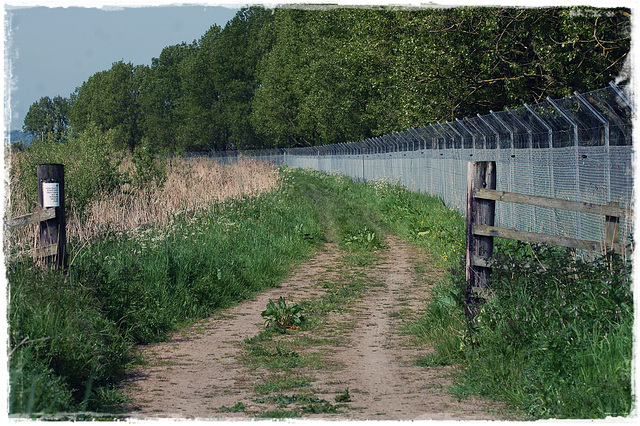Song Bird
Knock knock
A computer simulation of a network of cosmic strin…
The Crisis of Print
From King to supplicant
This is you talking
Internet map 1024.jpg Wikipedia
LEVIATHAN
Fossil of Language
Cognitive study of Autumn colors
Memories
Thus spake Aristotle
Lesson from Locksmith
Keeping Memories
Language
Cipher as a Code & a Zero
Power of Mitrochondria
Algorithm
The Human Condition
Abandoning the Concept of Free Will
Language
When is piece of matter said to be alive?
Squeegee Men
Social to the core
Mothers of Invention
The Elephant in the Boa Constrictor
Black Swan & David Hume!!
Fig.8-6. Apologies by political & religious leader…
Arthur Schopenhauer
J.Krishnamurthi & physicist David Bohm ~ 1984
Eratosthenes' Geodesy
"The Mystery of Consciousness"
Karl Marx
Thomas Hobbes 1588-1679
Arthur Schopenhauer
Words
Future of PC
Danate Alighieri
DASA
Giordani Bruno
Einstein
See also...
Keywords
Authorizations, license
-
Visible by: Everyone -
All rights reserved
-
114 visits
Photo by Dinesh


- Keyboard shortcuts:
Jump to top
RSS feed- Latest comments - Subscribe to the comment feeds of this photo
- ipernity © 2007-2024
- Help & Contact
|
Club news
|
About ipernity
|
History |
ipernity Club & Prices |
Guide of good conduct
Donate | Group guidelines | Privacy policy | Terms of use | Statutes | In memoria -
Facebook
Twitter

The irony was not lost of Churchill that it was now his policy to appease Stalin; whereas many of the anti-Communist Tories who had once been the staunchest appeasers of Hitler were not violently hawkish in their denunciation of Soviet conduct. Only ‘TheTimes’ was consistent. Jesuitically, the newspaper pointed out that the 1939 guarantee to Poland had only pledged its defense in the event of a German invasion; it did not commit Britain to restore Poland to her pre-war borders against Stalin’s wishes. In keeping with the power-worshipping realism of E.H. Carr, ‘The Times’ counselled that Stalin, like Hitler before him, had legitimate claims to ‘security’ which it was the job of British diplomacy to divine and to fulfil. Nicolson, meanwhile, tried to justify himself as best he could:
“People say to me, ‘But why, when you cursed us for wishing to appease Hitler, do you advocate the appeasement of Stalin?’ I reply, ‘For several reasons. First, because the Nazi system was more evil than the Soviet system. Secondly, because whereas Hitler used every surrender on our part as a stepping-off place for further aggression, there does not exist a line beyond which Stalin will no to go.”
In May 1945 such confidence in the self-restraint of Stalin was no more than a pious hope.
Nothing revealed more clearly the nature of the pact that Allies had stuck with Stalin than the way Soviet prisoners of war were treated. At Yalta, it had been agreed that all Soviet citizens in Axis hands should be returned to the Soviet authorities, including not only prisoners of war and slave labourers but also those Russians who had fought on the Axis side, like the 150,000 troops who had trained under the leadership of the turncoat General Andrei Vlasov or the 20,000 Cossacks who had joined the Germans to fight against their Soviet oppressors. In 1945 alone 1.7 million Soviet prisoners and slave labourers were returned, but this was only the beginning of a vast process of repatriation which by 1953 had sent nearly five and a half million people back to the Soviet Union. Of these around a fifty were either executed or sentenced to the maximum of twenty-five years in labour camps. Shamefully, British troops used deception and brute force to implement this agreement, despite glaring evidence of the fate that awaited those handed back to Stalin. Even those who were not shot or exiled after their interrogation by the NKVD lived the rest of their lives under a cloud, excluded from respectable employment. ~ Pages 587 / 588
Sign-in to write a comment.